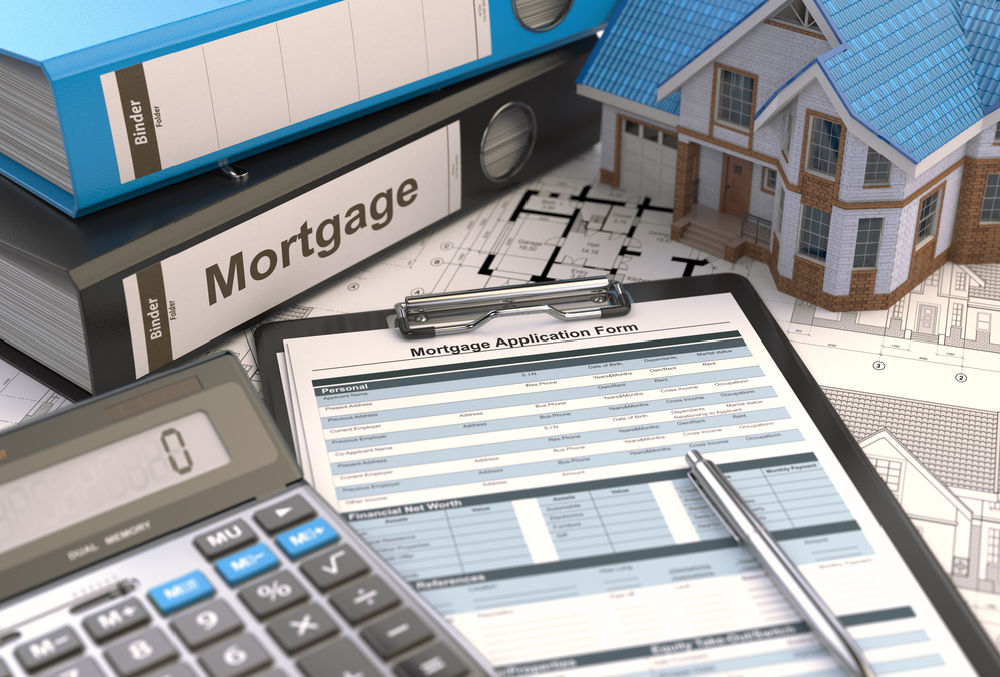Adjustable rate mortgages have been on the rise in recent years. And although there are benefits to obtaining this type of mortgage, debtors often have to pay increased interest and monthly payments. These increased payments can put financial pressure on debtors, leading them to fall behind on their housing payments.
If you’re at risk of losing your house because of missed mortgage payments, you need to take immediate steps to ensure that you retain your home. Fortunately, Chapter 13 bankruptcy offers debt relief and a solution for stopping mortgage servicers from repossessing your home.
What Is an Adjustable-Rate Mortgage?
An adjustable-rate mortgage is a home loan that features variable payments. Adjustable-rate mortgages’ interest rates and monthly payments are determined by market conditions. This differs from fixed-rate mortgages, where debtors pay a set interest rate for the entirety of the loan. Many Americans are not qualified for a fixed vs adjustable-rate mortgage because their qualifications tend to be more strict.
In addition to standard adjustable mortgage rates, many individuals and families obtain hybrid adjustable-rate mortgages, meaning the mortgage has a set introductory period in which the interest and payments are fixed. For example, if the introductory fixed rate is three years, the debtor would pay non-adjusted monthly payments for three years. After that, their payments would increase or decrease depending on the market.
Right now, hybrid adjustable-rate mortgages may appear appealing because their introductory interest rates are frequently lower than fixed-rate mortgages and have smaller monthly payments. Additionally, there’s a chance that market conditions will cause the mortgage interest rate to decrease, saving debtors money on their monthly mortgage payments.
Although adjustable-rate mortgages have potential advantages, they also come with significant risks that can potentially ruin you economically depending on your financial situation. Future interest rate adjustments can cause your mortgage interest rate and monthly payments to increase, creating financial discomfort.
In 2022, the Federal Reserve raised interest rates to 4.4%, which went into effect on December 15, 2022. That means that interest rates on adjustable-rate mortgages will also increase.
Of course, that doesn’t mean the Fed will continue raising interest rates soon, necessarily, but there’s always uncertainty with adjustable-rate mortgages. Interest rates and monthly payments can increase to the point in which debtors fall behind on their mortgages.
Typically, mortgage servicers cannot foreclose on a home until 120 days after a debtor falls behind on monthly payments, but if you find yourself missing payments, you need to take immediate steps to protect your home.
Saving Your Home From Foreclosure Through Chapter 13 Bankruptcy
Chapter 13 bankruptcy offers a solution if you’ve fallen behind on monthly mortgage payments. Chapter 13 reorganizes your debt into a three-to-five-year repayment plan. Once you file, you’ll receive an automatic stay stopping any action against your home, meaning that mortgage servicers cannot repossess it as long as you make on-time payments according to your repayment plan. This is even the case if you already have a foreclosure up to the point of the Sheriff’s sale on the home.
This differs from Chapter 7 bankruptcy because debtors are at risk of losing their homes during the Chapter 7 liquidation process.
In addition to being able to keep your home with Chapter 13, you’ll also receive an automatic stay for your vehicle and other possessions.
What Happens to My Mortgage If I Declare Bankruptcy?
It’s important to note that declaring Chapter 13 bankruptcy will likely NOT wipe out your mortgage. Instead, it can help get you back in good standing with your mortgage servicer if you’ve fallen behind on payments. Your Chapter 13 repayment plan will reorganize your debt and include your overdue mortgage payments.
While you undergo Chapter 13 bankruptcy, your mortgage can accumulate late fees, but your mortgage servicer cannot charge you these fees unless you fail to complete your Chapter 13 repayment plan. They can charge you late fees if you drop out of the bankruptcy process or if the bankruptcy court dismisses your case. Additionally, the mortgage servicer can charge you late fees if you convert to Chapter 7 bankruptcy.
One final note is that your adjustable-rate mortgage payments can potentially increase according to your original contract once you file for Chapter 13 bankruptcy. The mortgage servicer is required to inform you or the bankruptcy court about your increased monthly payments. If they fail to offer proper notice and surprise you with increased payments after the bankruptcy process, they may not be legally able to charge you with the enlarged monthly payments.
In the event that the mortgage servicer surprises you with increased monthly payments or engages in another unlawful act, such as harassment, you need to contact a Chapter 13 bankruptcy attorney.
Can You Get a Mortgage After Bankruptcy?
Getting a mortgage after bankruptcy is not impossible, but you will need to be patient. All cases are different, but there are no legal restrictions to obtaining a mortgage or refinance post-bankruptcy. An experienced bankruptcy attorney can help you answer questions about mortgages during and after bankrutpcy.
Contact a Central Indiana Chapter 13 Bankruptcy Attorney
If you’re considering filing for Chapter 13 bankruptcy, you don’t need to go through it alone. Contact Sawin & Shea for experienced legal support in your bankruptcy case. We’ll help you on your journey to becoming debt free.
Get a FREE case consultation by calling our office at 317-759-1483, or you can contact us online here.



